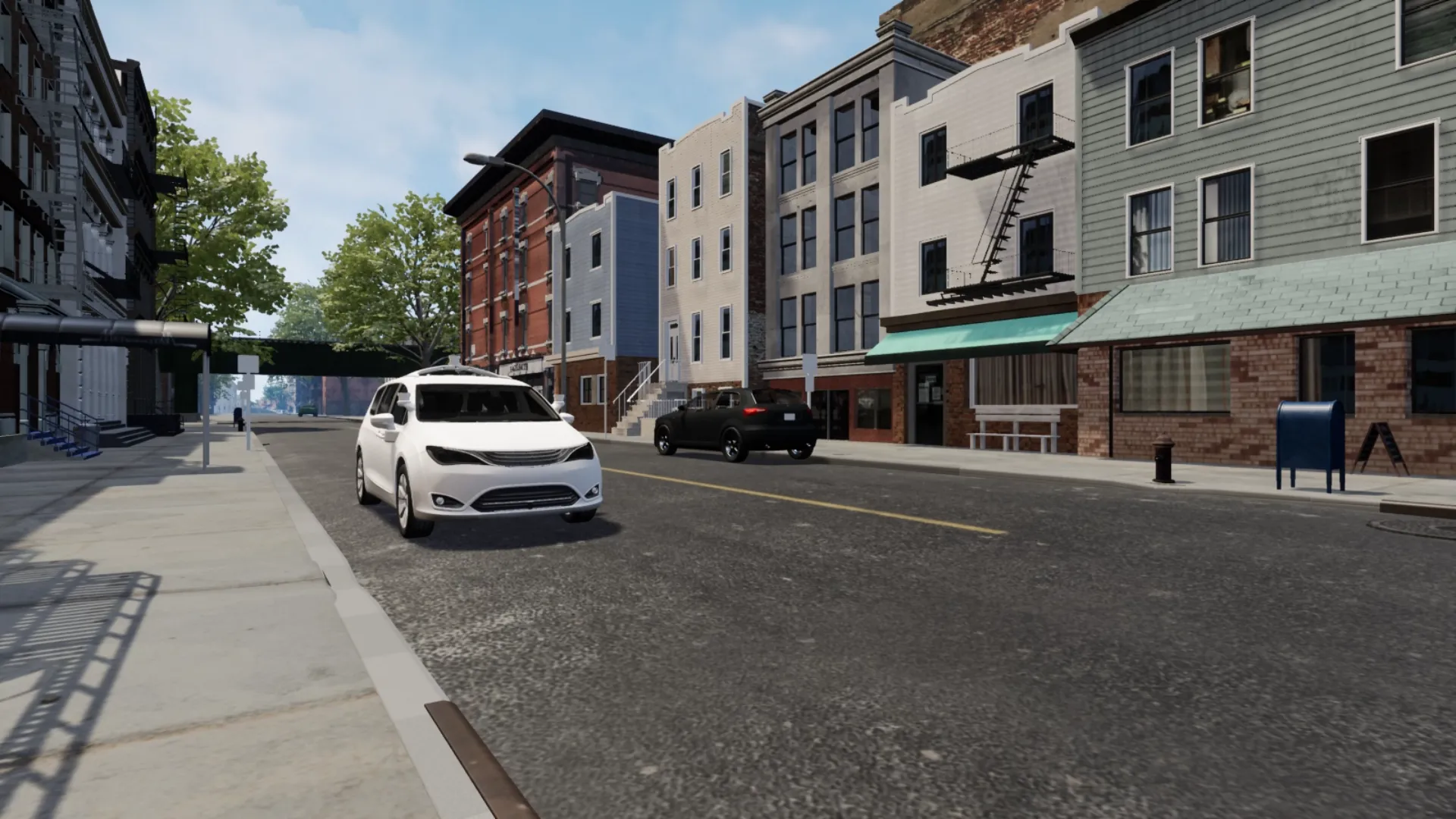Volvo Trucks has developed new technology specifically to protect pedestrians and cyclists. The technology, developed in a research project called Non-Hit Car and Truck in cooperation with Volvo Cars.
Volvo Trucks’ research shows that limited visibility is one of the main causes of heavy truck accidents with vulnerable road users in Europe.
It claims its new technology enables a vehicle to do a 360 degree scan of everything that happens around it, receiving information via sensors, radars and cameras
October 8, 2014
Read time: 2 mins
Volvo Trucks’ research shows that limited visibility is one of the main causes of heavy truck accidents with vulnerable road users in Europe.
It claims its new technology enables a vehicle to do a 360 degree scan of everything that happens around it, receiving information via sensors, radars and cameras placed around the vehicle. This enables the vehicle to interpret its environment and feed information to the driver on how to avoid accidents. If the driver does not respond to the suggested actions, the steering or braking system can be activated autonomously.
“Today’s Volvo trucks are designed to eliminate any vehicle blind spots. But in situations with heavy traffic it is easy for a driver to miss something important such as an approaching cyclist on the vehicle’s passenger side. Now we can solve this issue and help the driver see and understand everything that is happening around the vehicle”, says Carl Johan Almqvist, Volvo Trucks’ Traffic and Product Safety director.
More testing is required, but Volvo hopes to make it a reality in five to ten years.








